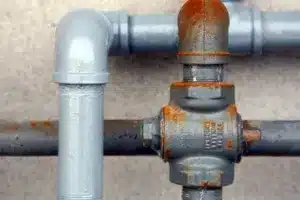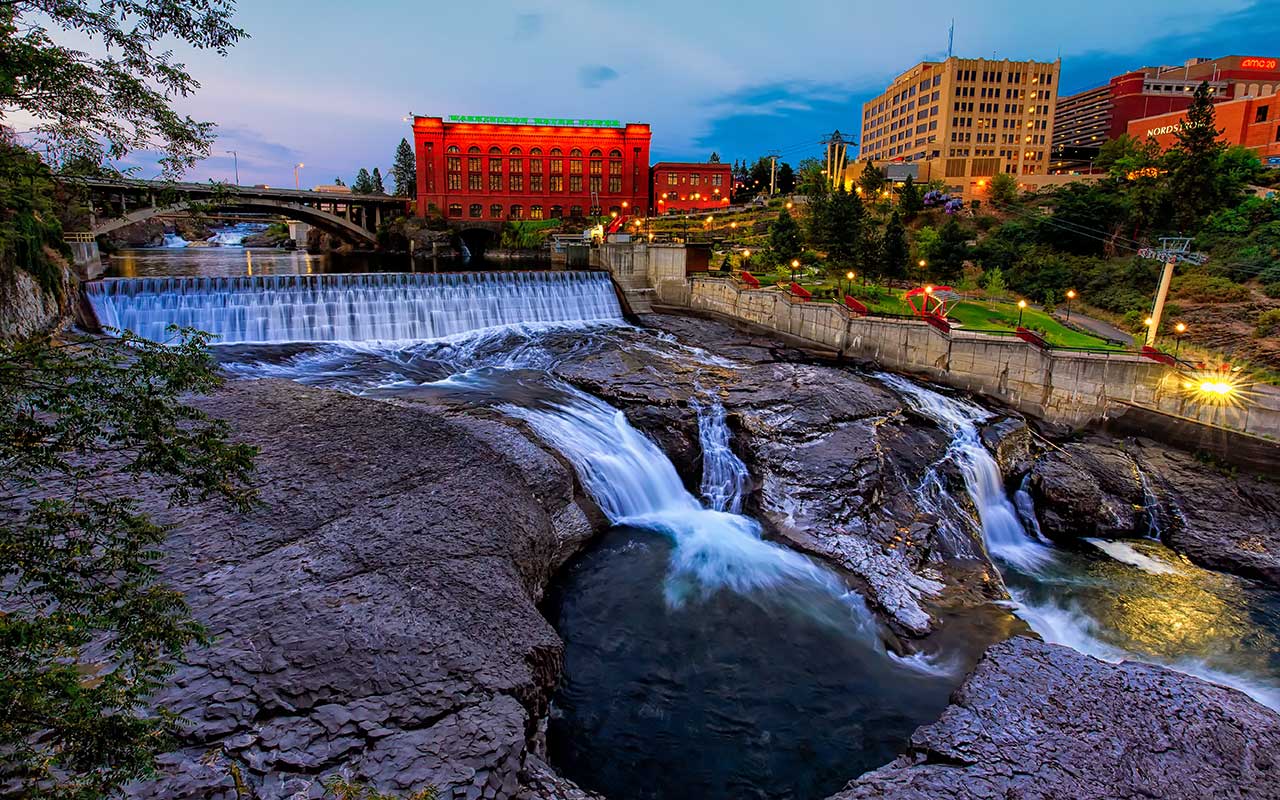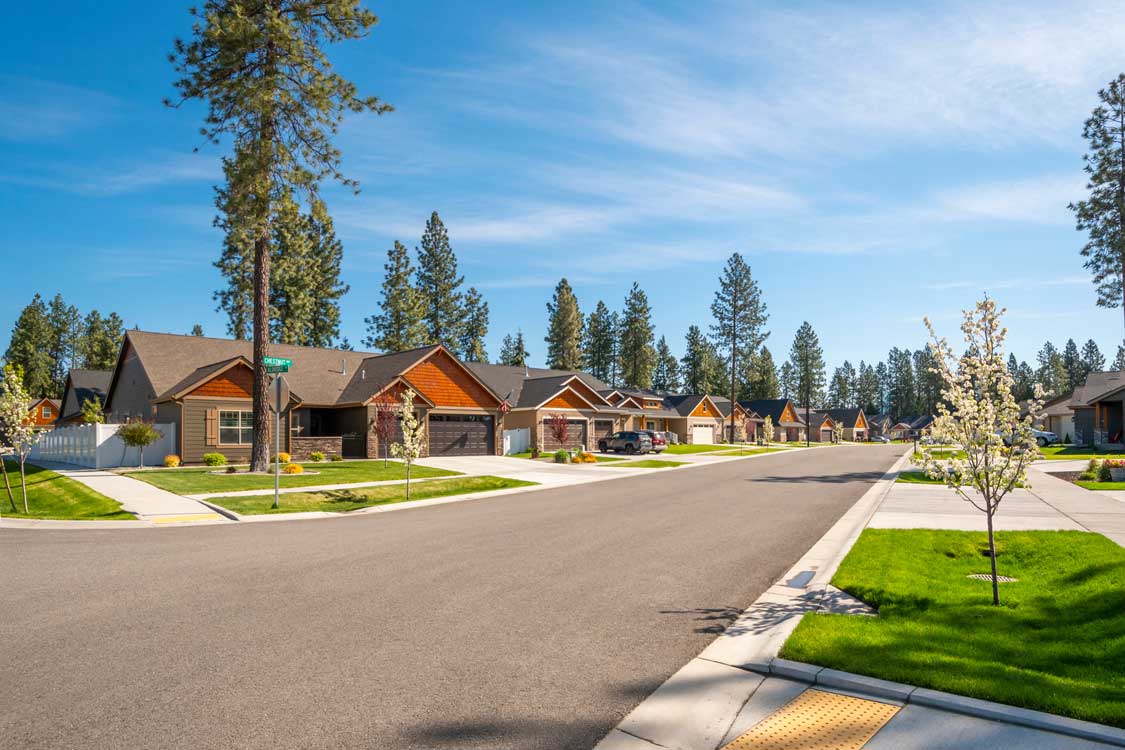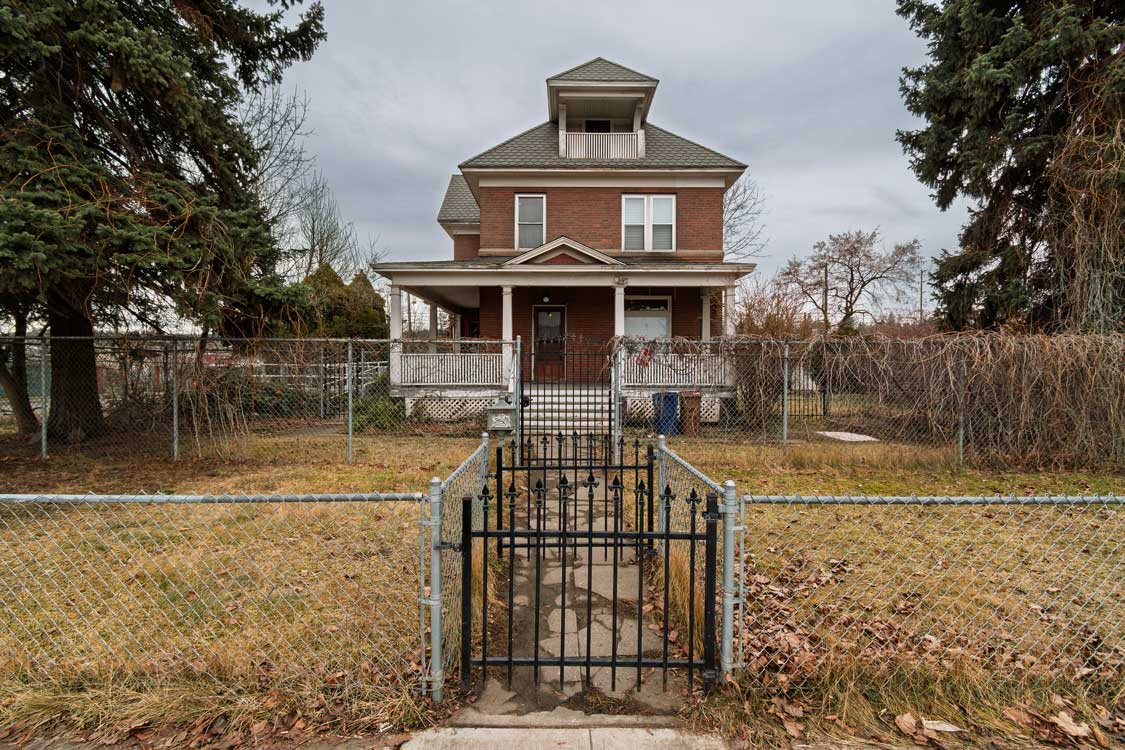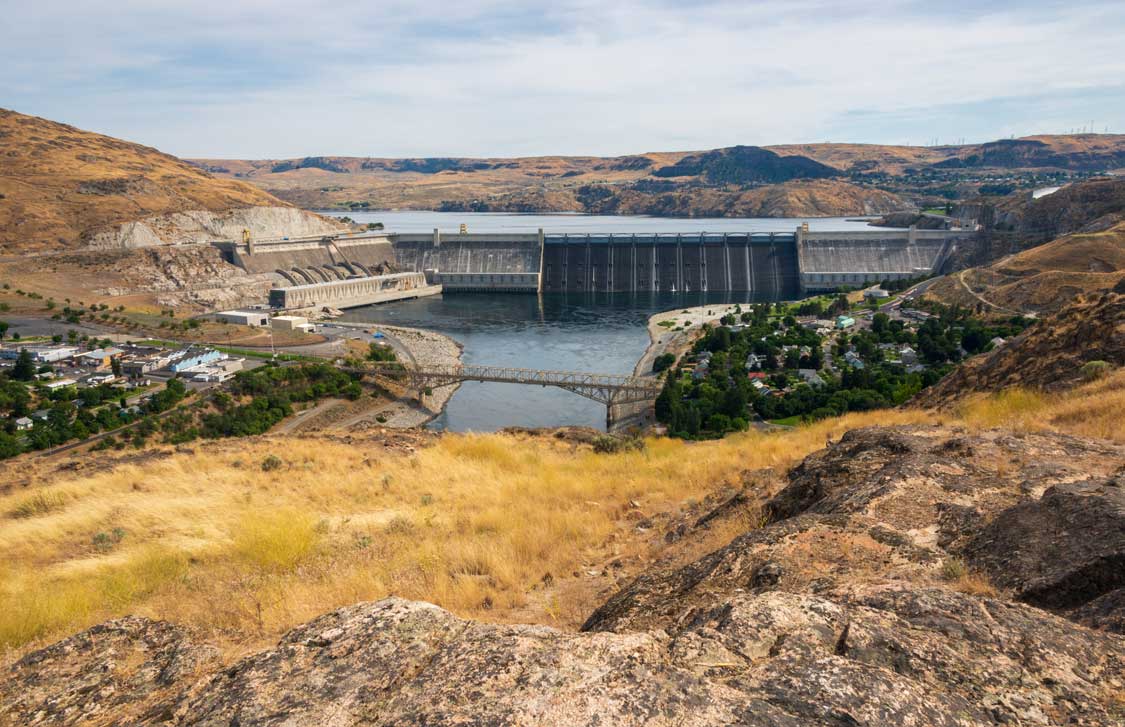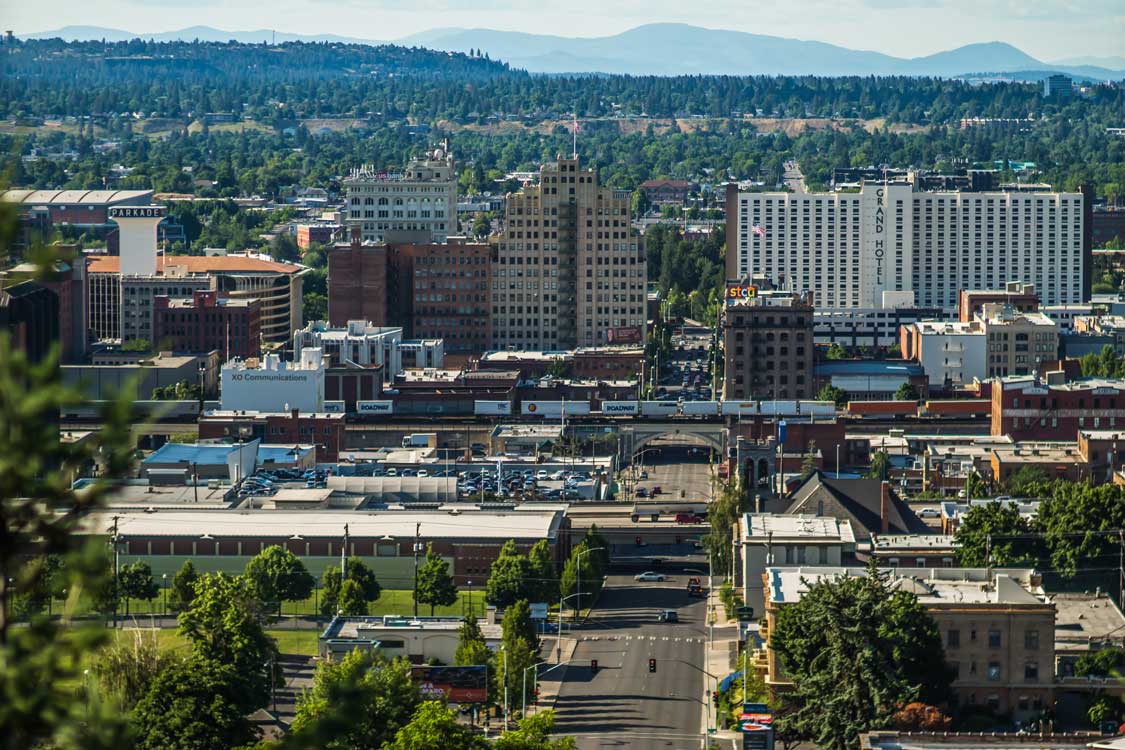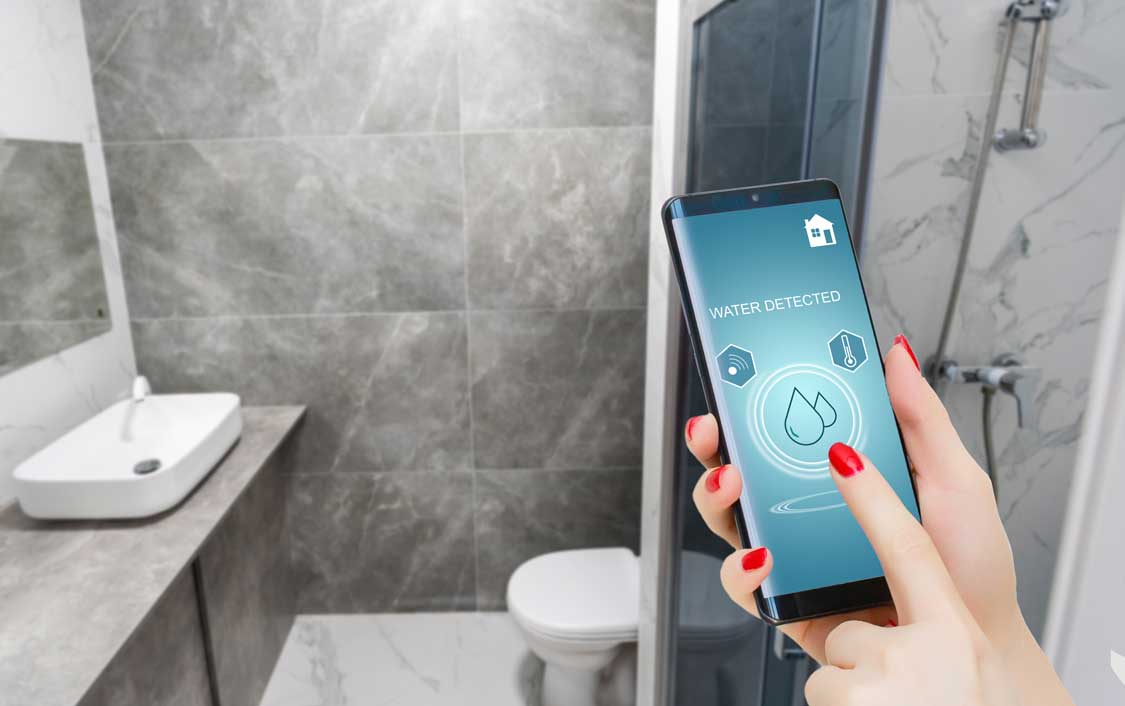You’ve decided to start your own plumbing business, but if you don’t have the right knowledge, you could find yourself in some legal trouble with the authorities. While there are many codes that must be followed when working as a plumber, there are eight code violations that come up frequently.
Here are those eight violations and how to avoid them so you can stay on the right side of the law and run an efficient business.
Common Plumbing Code Violations
Improper Disposal
Many problems and some serious injuries can occur when people improperly or incorrectly handle, store, transport, or dispose of flammable and combustible liquids. When discarding these materials, it is important to take necessary safety precautions to protect your workers and comply with regulations.
Improper Water Heater Installation
Water heaters are one of those appliances we often don’t think about. We put them in place and forget about them. That’s a problem when you consider that these machines can be fire hazards if not installed properly, which is why many states have strict guidelines for water heater installation. Make sure you call a professional to install your water heater if you live in an area with strict codes – failing to do so can lead to hefty fines.
Defective Sump Pumps
Sump pumps are important in protecting your basement from water damage, but they’re not foolproof. Many homeowners believe that if their sump pump is on, it’s constantly running—which isn’t true. A sump pump can run only when necessary, and if it doesn’t run when it should (for example, when a basement floods), you could be subject to fines or have to fix your sump pump yourself.
Cracked Supply Lines
If your supply lines are cracked, it can lead to water pressure fluctuations and possible leaks. This is one of those most frequent plumbing code violations that could cause severe damage to your home, so make sure you check these every couple months.
Overflowing Toilets
This is one of the most common, and most dangerous, plumbing code violations that plumbers see. Many people don’t realize that a toilet flapper can become restricted and cause a tank to overfill if it isn’t kept clean or replaced on time. Overflow drains should be kept clear in your home so you never run into an overflowing toilet problem. This might be something as simple as periodically cleaning around any overflow drains with bleach water.
Shoddy Hot Water Heaters
When it comes to hot water heaters, one of the most frequent plumbing code violations is shoddy workmanship. Improperly installed hot water heaters have led to many instances of injury and death over time. If your hot water heater has been leaking or seems like it might be on its last legs, contact a licensed plumber immediately before attempting repairs yourself.
Improper Back Flow Prevention
Backflow prevention is an essential part of a plumbing system. It helps reduce cross-contamination, contamination of potable water with waste water, and help protect public health. However, backflow prevention in a commercial setting can be complex, which is why it’s important to hire a licensed plumber who can comply with local codes to do it right.
Failing Garbage Disposals
If your garbage disposal is on the fritz, it’s a sign that you haven’t been taking care of your plumbing system like you should. Unplug and inspect your garbage disposal regularly to make sure it hasn’t been damaged by foreign objects or materials. It’s also wise to keep knives and small utensils out of sinks at all times—you wouldn’t want one getting stuck in your garbage disposal! These common plumbing code violations might seem minor, but they can lead to serious problems if left unchecked.
Gotta Clog? Call the Dog!
If you’re looking to do work around your home, having a basic understanding of plumbing is essential. While it may seem like some pretty simple stuff, there are plenty of things that can go wrong if a licensed plumber isn’t called in to handle projects –- and remember, you don’t have to wait until something goes wrong. You can make sure everything is working as it should by hiring a plumber to give your system a code checkup.

